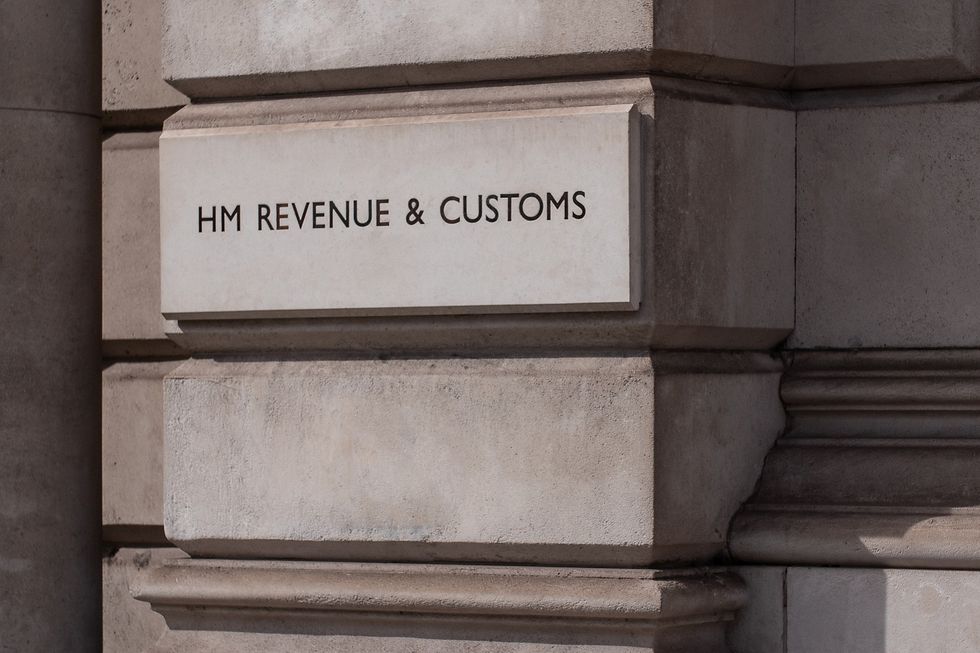HMRC rake in an extra £300m for inheritance tax sparking fears Rachel Reeves will 'no doubt' target levy in Budget
Inheritance tax receipts in the UK are on track for another record-breaking year,
Chancellor Rachel Reeves could consider closing loopholes and targeting tax breaks as inheritance tax receipts surge
Don't Miss
Most Read
Trending on GB News
Inheritance tax receipts in the UK are on track for another record-breaking year, fuelling speculation about potential reforms to the controversial levy.
New figures from HM Revenue and Customs have shown that £3.5billion was collected between April and August 2024, marking a £300million increase from the same period last year.
The surge in receipts is largely attributed to frozen tax thresholds, which have pulled more estates into the tax net as asset prices have risen.
This trend follows a record-breaking 2024 financial year, which saw £7.5billion raised through inheritance tax.
Experts suggest that the increasing revenue may prompt changes to the current system.
Shaun Moore, a tax and financial planning expert at Quilter, noted that the uptick will "no doubt stoke the rumours and debates about whether the tax will be increased ahead of Labour's first budget".
Reeves is reportedly considering ways to increase revenue from inheritance tax to address the £22billion gap in public finances.

Tax experts have suggested she may target loopholes, such as the tax break on AIM shares
GETTYTax experts have suggested she may target loopholes, such as the tax break on AIM shares, which currently allows them to be passed on tax-free if held for at least two years before death.
This potential move has sparked concern in the City, with warnings that scrapping the relief could cause "irrecoverable damage" to London's junior market.
Other possible reforms include changes to agricultural land relief and tightening criteria for business relief. The Institute for Fiscal Studies has argued that closing loopholes could raise an extra £4billion.
Laura Hayward, Tax Partner at Evelyn Partners, notes that while IHT receipts are rising, they may not be increasing fast enough to fill the Budget shortfall.
She suggested that including defined contribution pension pots in estate valuations for inheritance tax purposes could be a likely change.
Many are calling for simplification of the inheritance tax system to encourage lifetime gifting and reduce confusion.
Moore continued: "There is a strong argument for simplifying the IHT system and making it more appealing to gift during one's lifetime. The complexity of the current system often leads to confusion and inequities."
Moore suggested that a simpler system could "reduce the administrative burden for both taxpayers and HMRC, while also making it fairer".
He added: "Increasing the gifting threshold would encourage earlier wealth transfer, reducing future IHT liabilities, and could boost consumer spending".
Andrew Tully, technical services director at Nucleus, proposes potential changes such as "scrapping or updating the rules on agricultural land".
However, he cautions that tightening business relief criteria might conflict with efforts to increase UK investment.
LATEST DEVELOPMENTS:
The Resolution Foundation has urged the Chancellor to abolish the £175,000 residence nil-rate band, estimating it could save the Treasury £2billion.
This proposal highlights the ongoing debate between raising revenue and maintaining incentives for wealth transfer and investment.
Recent data from HMRC reveals a sharp increase in families caught out by IHT bills on lifetime gifts, with the number of affected estates more than doubling between 2011/12 and 2020/21.







